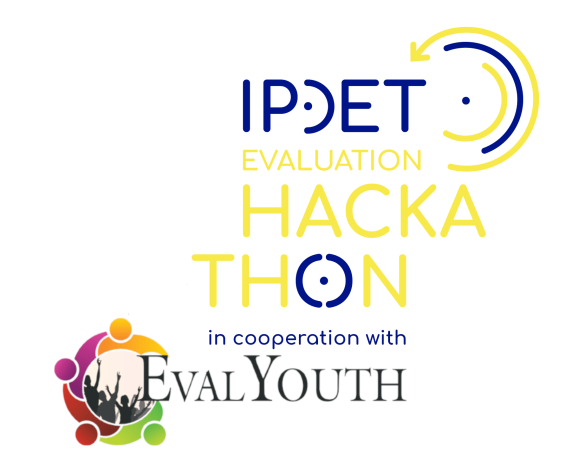#EvalCrisis Blog - 07 - Picking Evaluation Brains
News details

#EVALCRISIS BLOG - A DEVCO/ESS INITIATIVE
Picking Evaluation Brains
SASKIA BRAND (ESS)
Early July the International Program for Development Evaluation Training (IPDET) together with EvalYouth launched the very first Evaluation Hackathon, inviting creative individuals from around the world to unite their skills, knowledge and inspirations to find creative solutions to challenges of our times.
Unlike tech-hackathons which aim at merely technical solutions, the IPDET Evaluation Hackathon was open to all possible solutions which might help to empower the field of evaluation: seeking for relevant concepts, elaborated strategies, applicable prototypes, innovative methods etc.
In preparation of the event, the IPDET Hackathon team crowd-sourced challenges from the evaluation community to inspire teams to share experiences and come up with an innovative and relevant project. As might be expected, the COVID-19 crisis was at the heart of many challenges, focusing for example on (remote) data collection and the impact of COVID-19 on development interventions. Others addressed more general themes, such as gender inequality in evaluations or the difficulties of Young and Emerging Evaluators to gain access to the world of evaluations.
During an entire week, online teams, composed by individuals with a common interest, participated in the Design Thinking Sessions to develop and pitch a project that viewers could vote for. A jury assessed the projects on the basis of five criteria: the level of innovation, the scope of impact, the viability, the social value and the commitment and collaboration within the team.

In all, 34 teams completed projects in reference to nine challenges, thus creating an incredibly valuable set of resources. We congratulate all teams on their contributions, and would like to mention in particular the four winners:
- Team EvalHub (1st prize), addressing virtual data collection in low digital literacy areas during the COVID-19 crisis
- Team FIX IT (2nd prize), who created Creating an inclusive, easy to use tool for evaluators and local organisations to connect and build fair partnerships
- Team Reach Me (3rd prize), who developed an inclusive evaluation model to make sure that the voices of women in Afghanistan are heard
- Team Leave No One Behind (4th prize), with an innovative tool to ensure inclusive evaluation in times where adaptation is needed.
We will soon interview for a podcast the organisers of this initiative and reach out to some of the winners to tell us more about their projects; stay tuned, then, and watch out for more news to come!
Log in with your EU Login account to post or comment on the platform.